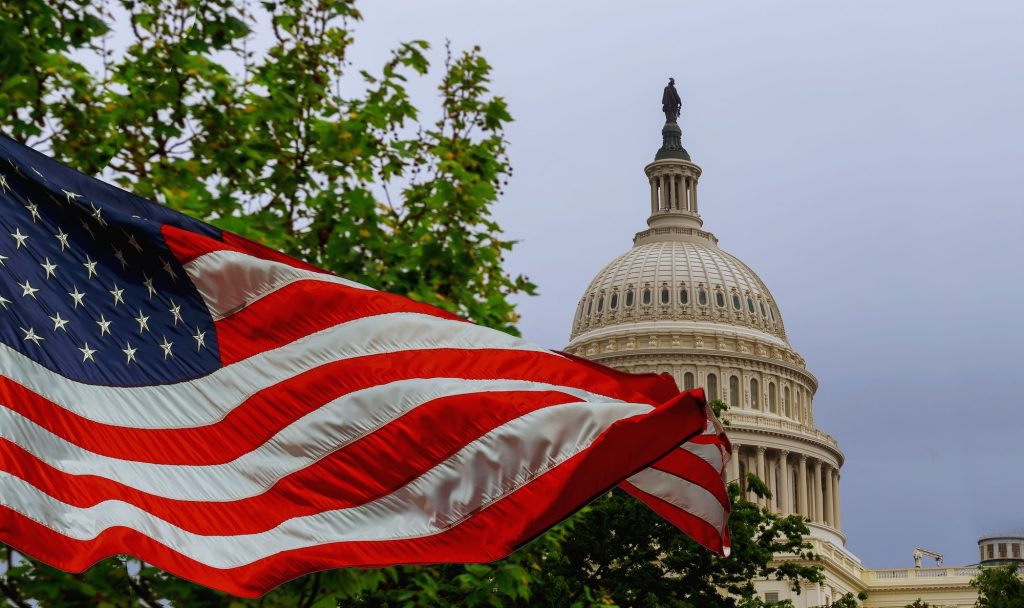US Congress passes temporary extension of FISA Section 702
FISA Section 702 authorises the intelligence community to target the communications of non-US persons located outside the USA for foreign intelligence purposes.

The US Congress renewed the controversial Section 702 of the Foreign Intelligence Surveillance Act (FISA) as part of the $886 billion NDAA bill till April 2024.
A bipartisan group of 34 senators supported Senator Rand Paul (R–Ky.) to remove the temporary reauthorisation of Section 702 in both chambers from the National Defense Authorization Act (NDAA). Senator Rand Paul (R–Ky.) argues that ‘Extending Section 702 robs Congress of the ability to make reforms now, and likely robs Congress of the opportunity to make reforms any time in the next year.’ They continued: ‘That means, once again, the intelligence agencies that ignore the constraints on their power will go unaddressed and unpunished. And the warrantless surveillance of Americans, in violation of the Bill of Rights, will continue.’
However, the $886 billion NDAA was cleared in the House with a 310–118 vote (73 Republicans and 45 Democrats opposed its passage) and approved in the Senate with an 87–13 vote.
Section 702 was initially created to allow intelligence agencies to surveil non-Americans located outside of the USA who were potential threats, but later on, it expanded by surveilling conversations of Americans with foreigners without a warrant.
As per the government transparency reports, in 2021, the FBI ran more than 3.3 million queries through the Section 702 database. A 2021 report from the secret federal court responsible for adjudicating Section 702 matters listed 40 instances where the FBI accessed surveillance data which were purely domestic crimes, including healthcare fraud and public corruption.
The program has been criticised by several civil liberties groups, such as the American Civil Liberties Union (ACLU), and internal government watchdogs who have been seeking changes in Sec 702.
Post the renewal, in a statement, Kia Hamadanchy, senior federal policy counsel for the ACLU, stated: ‘It’s incredibly disheartening that Congress decided to extend an easily abused law with zero of the reforms needed to protect all of our privacy.’ She added ‘As long as Section 702 is being used by the government to spy on Americans without a warrant, we will continue to fight this unconstitutional law and work with Congress to strengthen our Fourth Amendment protections against government surveillance.’

